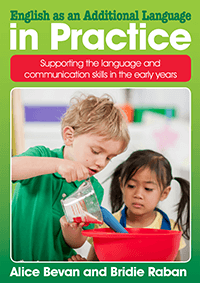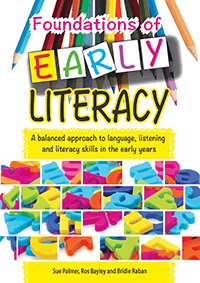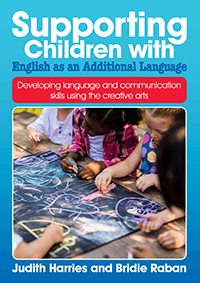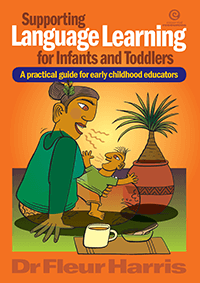
Learning English as an Additional Language in the Early Year
Hundreds of ideas for supporting children with English as an additional language
|
NZD incl GST
|
Add to cart | |
| or more | each |



